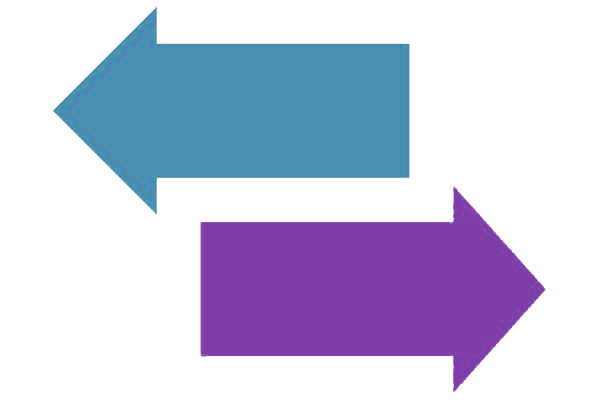

In the peer review process, the validity of published articles depend upon some degree on how well an conflict of interest is dealt amid writing, peer review, and editorial decisions. An conflict of interest exists when a author (or the author`s institute), reviewer, or editor has monetary or individual relationships that improperly impact (bias) his or her activities (such relationships are otherwise called dual responsibilities, competing interests, or competing loyalties). These connections differ from those with negligible potential those, with awesome potential to impacting judgment, and not all relationships speak genuine conflict of interest. The potential for a conflict of interest can exist regardless of whether an individual trusts that the relationship influences his or her scientific judgment. Monetary connections, (for example, employment, consultancies, stock possession, honoraria, paid expect declaration) are the most effortlessly identifiable conflict of interest and well on the way to undermine the validity of the journal, the authors, and of science itself. Anyhow, conflicts can happen for different reasons, for example, individual relationships, scholastic rivalry, and scholarly passion. We foresee the process that tragedy should not happen anywhere.
Published research must conform to the rules for human examinations and animal welfare rules. Authors should express that subjects have given their informed consent and that the examination protocol has been endorsed by the institute’s advisory committee on human research. Moreover, they must likewise express that animal tests comply with institutional ethics.

ADDRESS
Journal of Research in Ecology is run by Redolence Academic Services, Tamil Nadu, South India.
OFFICE CONTACTS
Email: contact@ecologyresearch.info;
submitjre@gmail.com
Phone: +91 8870709052
CONTACT EDITOR